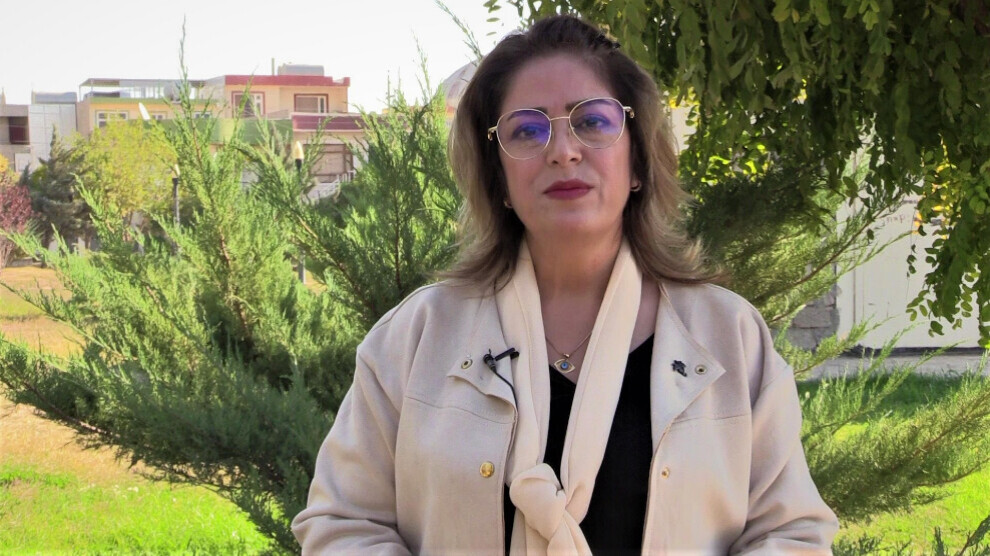Sulaymaniyah: Families borrow money for their children's education
Kurdish teacher Nesrin Ahmed draws attention to discrimination and injustice in the education system of the Kurdistan Region.

ŞÎRÎN SALIH
Sulaymaniyah- Discrimination is a phenomenon faced by people in all spheres of life, including in education. Discrimination in the education system is used as a weapon that affects the entire life of children. Sulaymaniyah is one of the places where the education system is controversial due to the limited opportunities of public schools and the number of students exceeding the capacities of the schools. Due to the limited opportunities of the public schools, most families prefer to send their children to private schools; some families borrow money to send their children to private schools. NuJINHA spoke to Nesrin Ahmed, a Kurdish teacher in the Qirga neighborhood of Sulaymaniyah, about discrimination in the education system and its effects on society.
Public schools are not preferred
Nesrin Ahmed told us most families prefer to send their children to private schools due to the limited opportunities and capacities of the public schools. “Parents want their children to receive a good education. Rich families send their children to private schools and poor families borrow money to send their children to private schools,” she told us.
‘There are 40 students in a class’
Underlining that the number of students in a class should not be more than 25, Nesrin Ahmed said, “However, there are 40 students in a class and this affects children. Some public schools offer opportunities that private schools offer; however, a certain group of children can go to these schools.”
Adding that the difference between private and public schools also affects everyone in society, Nesrin Ahmed thinks that this situation deepens the classification among people in society.
‘Some students have not received their books yet’
Speaking about the impossibilities of public schools, Nesrin Ahmed said, “Educational materials are not distributed equally in public schools. Some students have not received their books yet so they use their old books to study.”
